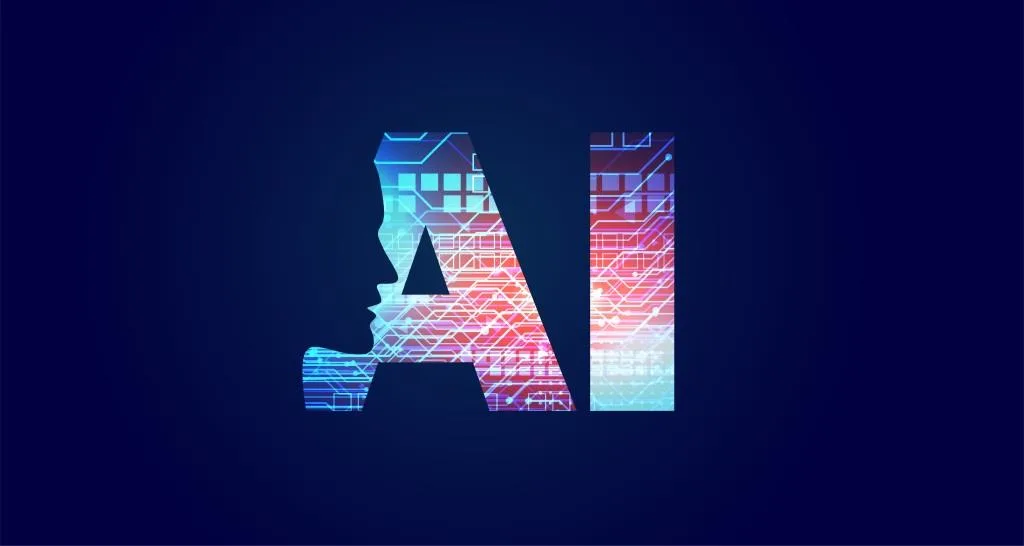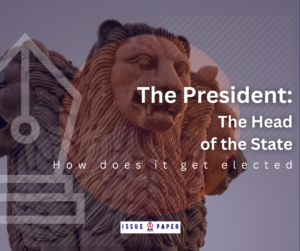
Artificial Intelligence
The thought that “will artificial intelligence kill jobs?” has been a topic of concern and debate for many years. While there is no doubt that AI has the potential to automate certain tasks and replace certain jobs, it is important to approach this issue critically and consider both the potential benefits and drawbacks of AI in the workplace.
One argument in favor of AI replacing jobs is that it can increase efficiency and productivity, freeing up human workers to focus on more complex and creative tasks. For example, AI-powered robots can perform repetitive and dangerous tasks in factories, while human workers can focus on more strategic and creative work. In addition, AI can analyze large amounts of data and make more accurate predictions, enabling businesses to make better decisions.
However, there are also concerns that AI could replace human workers entirely, leading to widespread unemployment and economic disruption. Some studies have predicted that up to 50% of jobs could be automated in the next few decades. This could lead to a growing divide between those with the skills needed to work with AI and those without, exacerbating inequality and social unrest.
It is also important to consider the ethical implications of AI in the workplace. AI algorithms can perpetuate biases and discrimination if they are not designed and implemented carefully. In addition, there are concerns about the impact of AI on privacy and data security.
In conclusion, while AI has the potential to automate certain tasks and replace certain jobs, it is important to approach this issue critically and consider both the potential benefits and drawbacks of AI in the workplace. Rather than fearing AI as a job killer, we should focus on developing policies and strategies that ensure that AI is used in a responsible and ethical manner, and that workers are equipped with the skills needed to adapt to a changing job market.







please write an article on Industrial revolution regarding AIas well